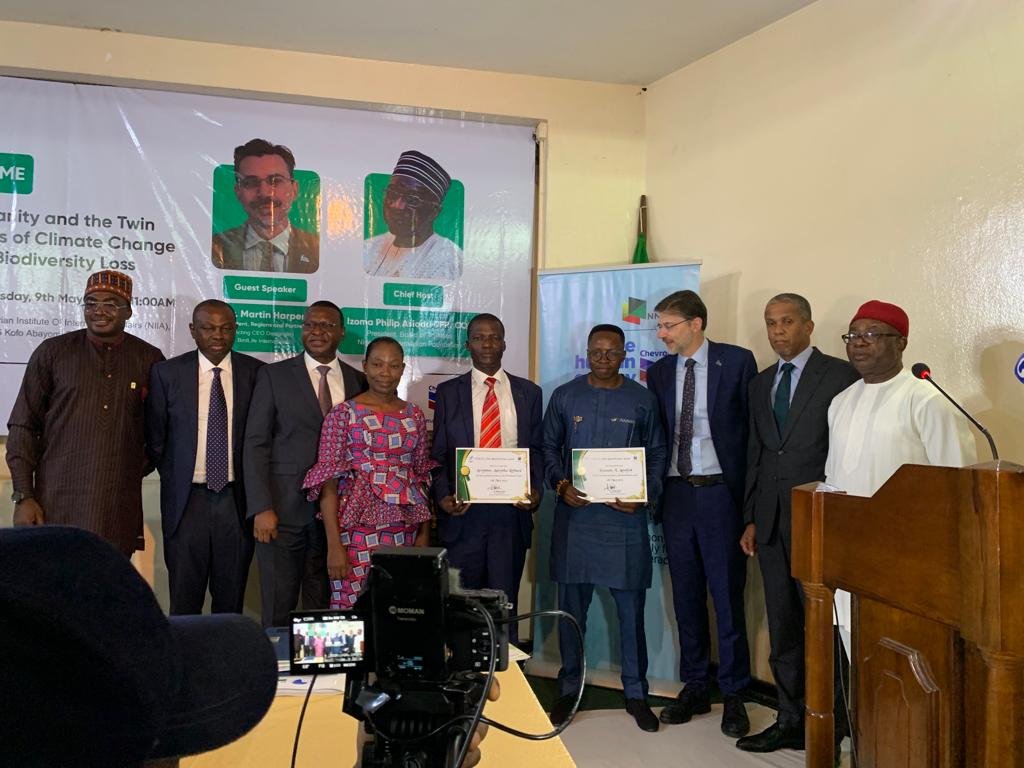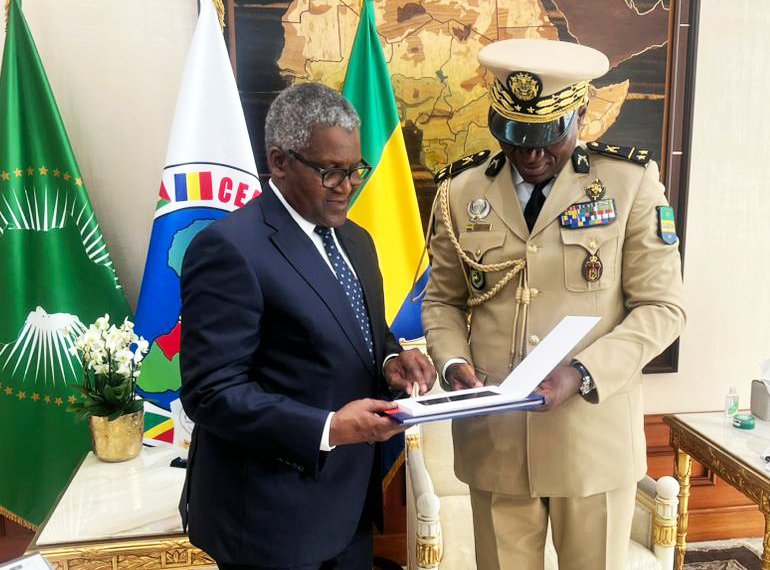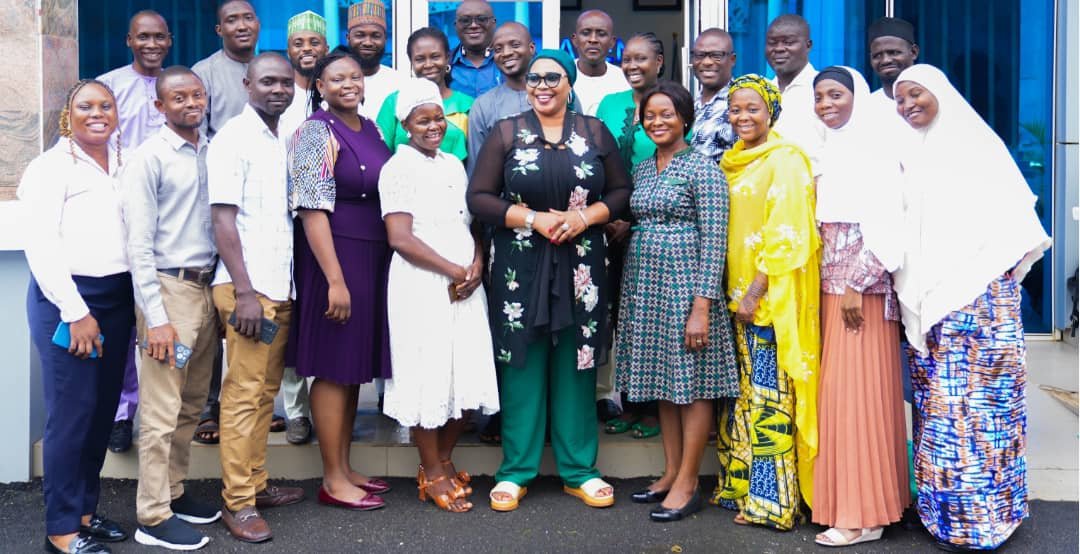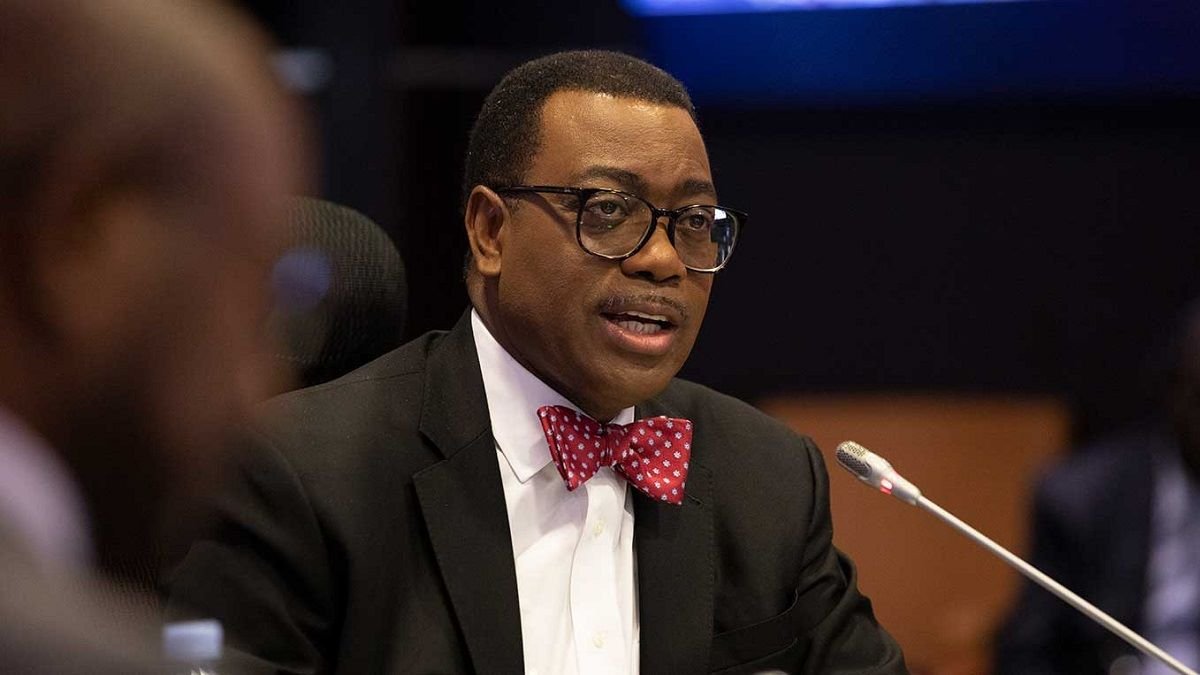ENVIRONMENT: Chief Ede Dafinone tasks stakeholders on Climate Change, Biodiversity
By Eyo Nsima
The Chairman, National Executive Council, Nigerian Conservation Foundation (NCF), NCF, Chief Ede Dafinone, has called on the government and other stakeholders to give priority to tackling climate change and protecting biodiversity in Nigeria.
Speaking at the 21st Chief S.L Edu Memorial Lecture in Lagos, Tuesday, he said: “Our planet’s biodiversity is in crisis and declining at a faster and unprecedented rate than at any other time in human history. Wildlife is disappearing from their natural habitats and species are being decimated and becoming extinct at an alarming rate due to unsustainable utilization and destruction of wildlife habitats by humans.
“The devastation that climate change is causing and will continue to cause means that large-scale action is required immediately. Desertification, herder-farmer clash, drought etc are few of the climate change crises staring us in the face.
“We gather here today as stakeholders, from the Government to the academia, to businesses, to media and all, with a singular motive of discussing and providing some logical solutions to these existential issues and propose same to the appropriate bodies. I hope we are poised and ready for the work!
“We appreciate our Guest Speaker; Mr Martin Harper, Vice President, Regions and Partnerships (Acting CEO Designate), BirdLife International, for honouring our invitation. Mr Harper has over 25 years global conservation experience. I am hopeful that his lecture today will help in setting an impeccable agenda that will help Nigeria and Africa to properly key into the global concerted effort to tackling the twin crises of Climate Change and Biodiversity Loss.
“For 21years, Chevron Nigeria Ltd has consistently sponsored this annual lecture. We appreciate the successive leadership of Chevron for upholding this legacy. Great commendation and appreciation go to the family of our late founder, the Edus, particularly his children who bear the torch. Posterity will always remember and reward you.”
Similarly, the Guest lecturer, Mr. Martin Harper, who is also the Acting Chief Executive Officer Designate, Birdlife International, called on stakeholders around the world to demonstrate commitment towards fighting Climate Change and other environmental hazards.
Harper, who examined the various initiatives of the Birdlife International, said: “We are working with our Partners in Paraguay, Argentina and Brazil to identify a selection of sites to restore to contribute to the recovery of one of the most important biodiversity hotpots in the world home to more than 930 bird species, of which 223 are found nowhere else on earth but with just 16% of the original forest remaining.
“And globally, we’ve joined forces to work with two other international conservation organizations, WCS and WWF (to whom NCF is affiliated) to scale up our efforts even more: protecting and restoring 83m hectares and 83 billion trees.
“But our response to the nature and climate crisis is not restricted to forests. In Asia and South America, we’ve partnered with development banks to identify, protect and restore an ecologically coherent network of sites which are important to help stop the decline in migratory bird species such as the globally important spoon-billed sandpiper. These habitats don’t just benefit migratory birds. As well as hosting a thriving variety of other plants and animals, they also absorb vast amounts of carbon, helping to fight climate change.
“In Asia for example, there are 200 million people that live in and around wetland sites and every year, they protect the coast from the impacts of flooding, sea level rise and storm surges, and provide food, employment and recreation. The ADB is planning to invest up to $3bn over the next 20 years and our hope is that half a million hectares will be restored to help create climate resilient infrastructure to aid irrigation and water management while providing a future of our threatened migratory birds.
“And in the Middle East and North Africa, we’ve been demonstrated how to deliver large amounts of renewable energy without harming nature. Wind farms, for example, can cause real problems if sited in the wrong place where they can either destroy sensitive habitat or result in birds colliding with the turbine blades.
“We have developed “shutdown on demand procedures” so that people are trained and employed to monitor bird movements so that the wind farm is shut down when soaring birds fly through.
“And we have also established early morning radar which you can see here in operation at Gabel El Zyat in Egypt which can pick up and inform observers on the ground of birds up to 12km from the wind farm. Amazingly, the number of reported collisions from 700,000 birds flying through has been in single figures.
“So, through our forests work, our flyways and our work on renewable energy, we are showing how to tackle the nature and climate emergency in an integrated way by protecting and restoring high carbon habitats, helping people nature and people adapt, while ensuring carbon mitigation activities take place in harmony with nature. I believe we can inject more hope and optimism into the conservation movement and make a tangible contribution to tackling the nature and climate emergency.
He added: “Remember Antonio Guterres, remember the urgency, and remember that we need to do everything, everywhere, all at once. Think big and act at scale for species, sites and be prepared to change the system. Build lasting collaborations with business, governments, funders and local people. Use science and creativity to find solutions to meet the needs of both people and nature. Use success to inspire more action from others.”
The event also witnessed the presentation of Chief S.L. Edu Research Grant to Iniuam Aniefiok and Aroyehun Adeyinka Richard.
However, the General Manager, Policy, Government & Public Affairs, Chevron Nigeria, Esimaje Brikinn, said the company will continue to sponsor the event in the coming years because of its inherent benefits.








